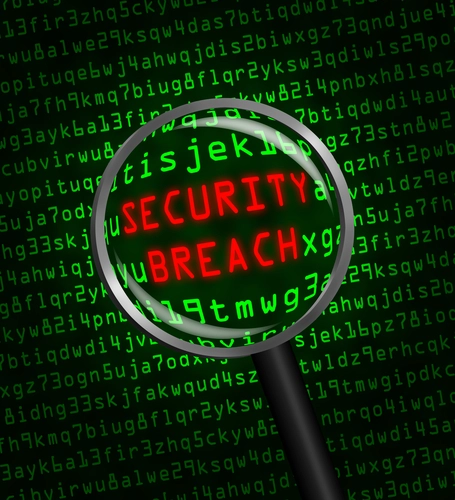AHA Warns About New Digital Attacks

Plus: Education is key to avoiding ransomware attacks.
As hospitals strive to become more efficient and tech savvy with the increase of electronic health resources, they also become more vulnerable to cyberattack. These healthcare hackers wreak havoc not only on the nuts and bolts of the industry but also on the care and safety of both physicians and patients.
The American Hospital Association (AHA) warns that this is more than just a technology issue because the repercussions of digital mayhem reach every corner of the hospital. The AHA’s President, Rick Pollack, maintains that the plan “requires an organization level risk reduction and response plan, leadership support and board oversight, and vigilance from everyone with access to the network.”
According to the AHA, “more than 70 percent of hospitals” are encrypting their mobile devices, but they still have a long way to go for maximum security. Every device that is not encrypted is just a swipe away from digital exposure.
Resource: To read more about the AHA’s cybersecurity facts and figures, visit http://news.aha.org/article/160222-what-hospitals-need-to-know-about-ransomware.
In other news…
Over the past few months, hospitals across the nation have been crippled by “ransomware,” a cyberattack that holds healthcare information hostage for cash or “ransom.” The hack locks up electronic resources and causes hospitals to revert to “paper-based registrations.”
These virtual thieves aren’t after personal data, but instead hope that the hospitals or organizations will pay to get back online.
Outside counsel to the AHA, Mary Ellen Callahan, notes, “While creating a secure environment is very important, prevention through education and awareness is the most important weapon against ransomware.”
Resource: To read more about Mary Ellen Callahan’s advice on how to overcome ransomware, visit http://news.aha.org/article/160222-what-hospitals-need-to-know-about-ransomware.




